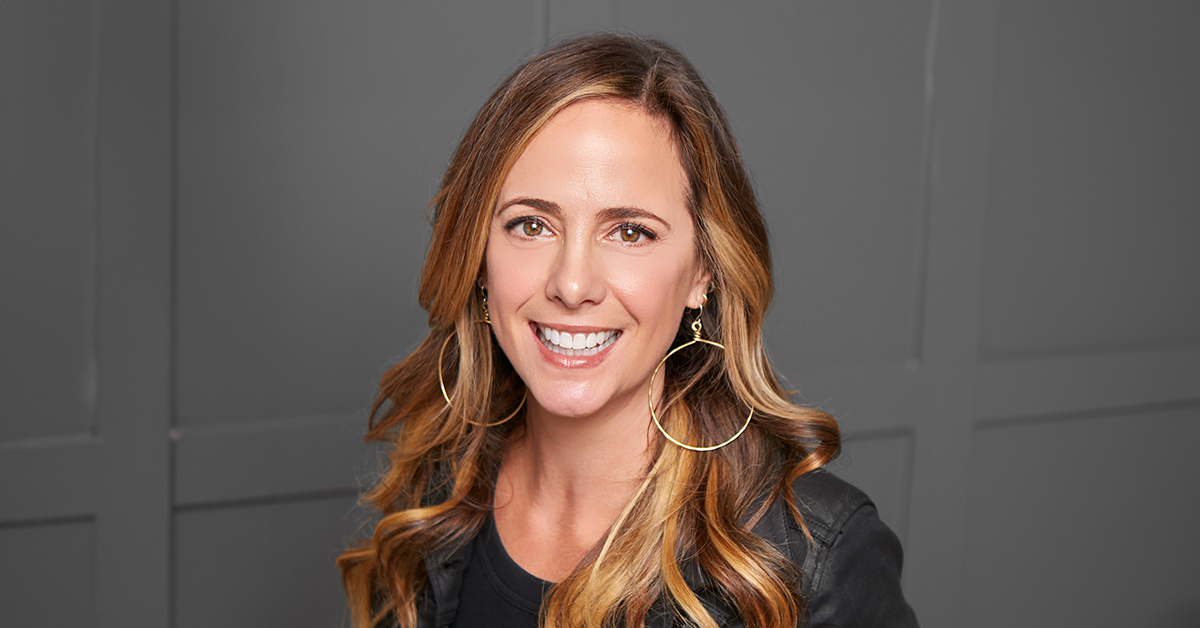
Pretty soon we’ll all be bombarded with deals and programs to “lose 30 pounds fast!” or some great new “fat-burning workout,” to help those with New Year’s resolutions to get in shape.
But what about your financial fitness? Have you wanted to make your money work for you and get in the best financial shape of your life, but just aren’t sure how?
If you want to get in better financial shape this year, the credentialed professionals with First National Wealth Management can help you set your goals and stick to them.
Set your goals
Before you set your goals, it’s important to know where you are, where you’re going, and how you’re going to get there. That’s where we can help.
We are a regional-best provider of wealth management services including financial planning and investment management, as well as personal and institutional trust and retirement plan services. We have the expertise and knowledge to help you set goals that will work for you, and then help you stick to them by providing personalized service and management.
Drown out the noise
One of the most important things in working toward any goal is discipline and keeping your eye on the prize. Avoid comparing yourself with others and stay focused on achieving your own goals.
This will come into play soon enough, when our news feeds will be filled with pictures of friends taking trips to warm, sunny beaches. It’s easy to get envious and play the comparison game just by seeing these pictures. How do people afford to take trips like that, year after year? The answer could be as simple as this: they can’t.
 Currently, the average household credit card debt is just over $8,000, with an average interest rate of 16.86%. And it’s even worse for high income earners, who are most likely to carry credit card debt and only make the minimum payments. Credit card debt is a vicious, never-ending cycle for borrowers everywhere. With this in mind, it’s important to stay focused on yourself and your financial goals, because everything might not be as it seems with those we compare ourselves to.
Currently, the average household credit card debt is just over $8,000, with an average interest rate of 16.86%. And it’s even worse for high income earners, who are most likely to carry credit card debt and only make the minimum payments. Credit card debt is a vicious, never-ending cycle for borrowers everywhere. With this in mind, it’s important to stay focused on yourself and your financial goals, because everything might not be as it seems with those we compare ourselves to.
Make it happen
Here’s a look at a few of the ways you can set yourself up to be successful in your New Year’s resolution journey to financial fitness.
1. Know your starting point
The best way to know if you’re making progress is to first understand where you’re starting from. The easiest way to do this is to create a simple net worth statement. Add up all of your assets (retirement and investment accounts, cash, home equity, etc.) and then subtract from that your total liabilities (mortgage debt, credit card debt, car loans, student loans, etc.). This is your net worth.
2. Make a plan
How did you feel when you saw your net worth in writing? Whether you were inspired or panicked, there is work to be done. Make a plan (in writing) to increase your net worth over the coming year by changing a just a few key habits.
3. Eliminate high interest debt
Albert Einstein once said “Compound interest is the eighth wonder of the world. He who understands it, earns it. He who doesn’t, pays it.” When working in your favor, compounding interest is a beautiful thing. Your money earns money, and then that new money earns more money. But when you owe money, particularly at high interest rates, compounding can make you go broke. Make a resolution to get high interest debt out of your life in the coming year.
4. Maximize retirement savings/investments
Your most valuable investment dollars are your first investment dollars. The money you save when you’re young has many years to grow. One dollar saved in your 20’s can be worth as much as $88 in retirement! If you have access to an employer-sponsored retirement plan, make sure you’re saving at least enough to get the match. Then, make a plan to increase your savings rate periodically until you’re saving 20% or more of your salary. I know that may seem impossible, but if you commit to making small, incremental increases to your retirement savings rate each year, you’ll be there before you know it. Expecting a raise this year? Take some of that raise and put it toward your retirement savings. For instance, if you receive a 4% raise, slice off 2% and put it into your retirement savings. Maintain that habit, and you’ll be saving 20% in no time!
5. Understand your investments
As the saying goes, most people spend more time planning their vacations each year than they do their retirement. If you’re not currently an expert in your own finances and investments, make the time this year to become one. You are the CEO of your financial life. It’s critical that you understand what you’re invested in and whether those investments are appropriate for your stage in life. This is true regardless of age.
7. Update your estate plan
A good estate plan alleviates the pain of leaving your loved ones to deal with the complexities of allocating your assets after your death. And for parents of young children, it stipulates who will care for your children in the event you are no longer here to do so. A thoughtful estate plan is a gift to those you love the most. Make a point to review your estate plan and update as necessary this year.
If you would like to learn more about any of these steps to becoming financially fit this year, send us a note — and make 2020 the year you stick to your New Year’s resolution and get in the best financial shape of your life.







